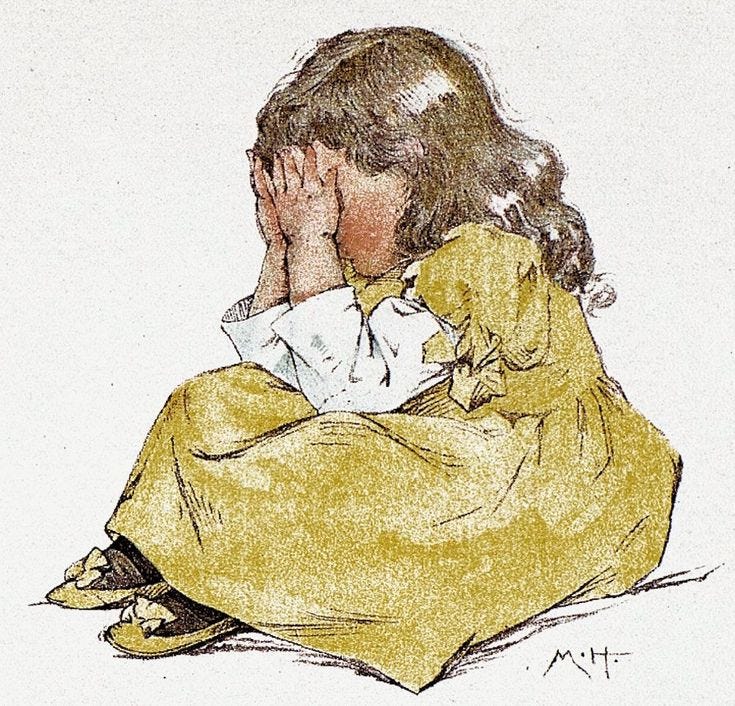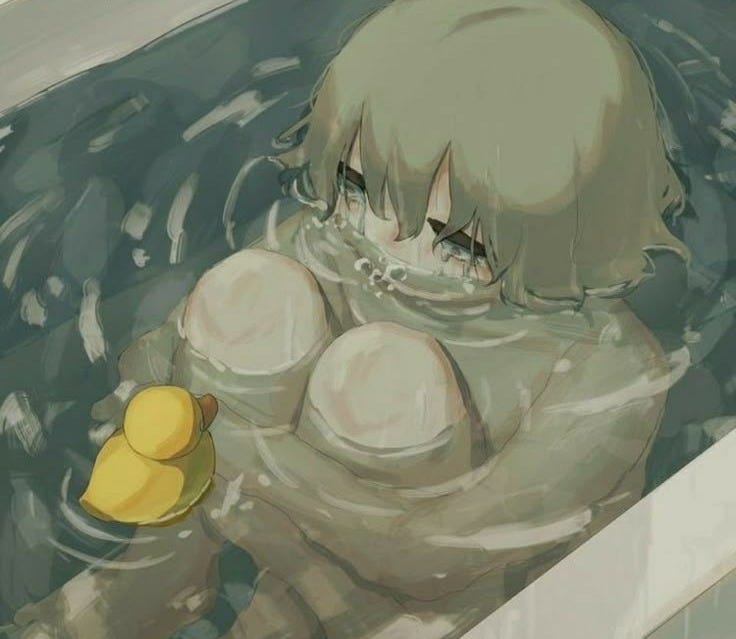Copyright © 2025 Sanya Kurd
How does it feel when you’re left unheard?
You have a lot to say, but you cannot say it out loud because of the fear of people.
You have gathered many new words in your vocabulary, but you cannot use those words because the person in front of you is very respectable…. or what?
Parents, specifically, they do love us, right?
But have you ever felt unseen while sitting in front of them?
Have you been ignored because your parents preferred the other sibling who seems to have a better bond with them?
How does it feel?
To see them laughing with others and with you, empty silence.
With you, they’re reserved. They’re distant.
They keep on scrolling or reading without realising you’re sitting right there.
No words, no giggles, no teasing.
Just silence, stares, serious demeanor.
What about you?
Why don’t you have a better bond, a good understanding with your parents? It could be that you love them more than anyone, but still, the love isn’t reciprocated… or do you express it?
No?
Why?
You should express it.
It’s easy to say these words. But in a situation where the parents didn’t let the child develop a close bond with them, it’s inapplicable.
Most of us spent our childhood in emptiness. Emptiness of toys, of confidence, of love from our parents. Now, as we have grown up, we see our parents loving our younger siblings differently.
It does hurt. It stings.
Why wasn’t I loved in the same way?
Why were the standards different for me when it came to your love?
Now, our parents constantly ask, “Hey, what’s wrong?” but does it matter now?
They tell us to share, but we can’t.
They have created this barrier between us. They have created this cold, distant parent-child relationship through their behavior.
Many parents sit on a pedestal of boundaries and watch their child suffer from above. The child, like us, is an actor now. He only shows them his back and hides his tears. Parents think he’s busy with lots of homework and is a workaholic kid. But we aren’t working in those moments. We are shedding tears silently. We’re starving for love. We yearn for our parents’ hugs, but they… they sit on the same pedestal of their ego and leave us, suffering.
This silent suffering creates something dark inside. It creates an unwanted resentment in a child’s heart. When he sees his parents raising other siblings differently, he feels enraged with a sense of discrimination. When a child sees love being poured onto another sibling, he feels the ache of injustice. He starts hating them silently. Some children do learn to channel their emotions, they bury it. But most of them become underconfident, resentful, and depressed.
They feel unworthy despite their talents. They start harboring a grudge against those siblings who, they feel, receive a greater share of their parents’ love.
They start to resent everyone who receives more.
Comparison is the killer of joy, and they kill themselves every day by eating this pill.
Why can’t the parents understand that this is unfair?
You kill one child with neglect and spoil the other with the abundance of love. Why can’t you balance it? Is it really that hard?
This is the exact reason why many children, despite having a lot to say, choose to stay silent in front of their parents. It is because, from their early days, they were taught to stay hidden behind the curtains of neglect.
This is exactly why they don’t open up.
They want to tell them how their day was or what milestone they achieved, but they can’t. The only time they share is when there is absolute helplessness, in desperation. It might be a marriage proposal, a career choice, a money shortage, or a sickness.
How do you fix such children?
How do you give them the love they always deserved?
How do you return the innocence that was buried beneath layers of self-doubt?
If you give them a few counseling sessions, will it fix the days when they were buried under the debris of underconfidence?
Can you go back in time and teach them how to be strong when they were most fragile?
Such children are often social with their peers but isolated from their parents. They smile with their friends but go silent at home. It’s a sad thing, because for many of them, the gap is never filled.
If you are a parent like this, then go into your child’s room and hug them.
Watch how they break in your arms.
Trust me. They’re tired of pretending.
They want you to see how broken they feel when they see the mothers and fathers of their friends cheering for them at a football game…
When they see their parents appreciating and celebrating every little victory…
When their parents hold their hands and tell them how much they love them.
Meanwhile, they hide from you. They ignore you. They belittle themselves for having bad thoughts about you. They feel isolated. They feel alone.
Parents of such children move on with the other child who’s easier to love.
Meanwhile for them, loneliness lingers. It becomes their companion. They feel unworthy. They feel anxious. They feel worthless, and when the threshold is crossed, they want to end it.
They look at the curtains of the house from where their other siblings play hide and seek while they….. they just hide. They sit in darkness for hours. They stare at the ceiling mindlessly. They dream of bathing in their own blood. They dream of their funeral because this way, their parents will love them.
They use syringes and pills to numb themselves, and at this point, the parents think they have become rebellious.
If a child feels unheard in their own home, it is not their failure; it is the parent’s.
If your child has to think a million times before sharing something with you, only to conclude it’s better to stay silent, then you’re just a guardian, not a parent.
Parenthood is not a role you selectively perform.
It’s a sacred bond; a blend of security, guardianship, love, friendship, discipline, and emotional connection.
But often, we cherry-pick the parts that suit us best and call it parenting.
Your child needs you to hear them.
Over the past few years, they’ve learned so much…
They’ve piled new words in their vocabulary, carried stories from their friendships, faced failures, explored the unknown, and made many mistakes.
They want to tell you.
But the wall you’ve built is too high.
It’s slippery.
Every time they’ve tried to climb it, they’ve slipped, bruised, and had to tend to their wounds alone.
You weren’t there.
And now…
They’ve stopped trying to climb.
Now, they just let it be.
Now,
they hide from you.
— Sanyaa
Thank you so much for reading, you beautiful creature :)
If you have time then do check out my novel. I’d really appreciate that.
It revolves around the story of June, a 21 year old Lebanese-Iranian girl who feels caged by the conservative traditions of her village. She breathes freely in her words, her poetry. After the death of her mother, Mira, she struggles to battle her loneliness until she meets someone who would change the way she think about life without even meeting her.
Background: Approximately four in ten children aged two to four years do not get enough stimulation at home, indicating emotional neglect that may lead to detachment, insecurity, and behavioral issues in adulthood.
Meanwhile, one in ten misses out on activities with their caregivers that are critical to development, such as reading, storytelling, singing, and drawing.
Source: UNICEF, 2024. Early Childhood Development Report
I will post more about it because there are many things that can be said here.
If you’ve suffered any type of neglect, then I’m sorry. You deserve all the love of the world. Don’t you ever think that you don’t matter. You do, you better understand that!
If you’ve made it this far, then do consider subscribing, love.








Sanya this hit me so hard. Thank you for putting a voice to things I’ve struggled to explain or even understand.
Actually these posts are my favourite ones….
Love the 🐥🐣🦢